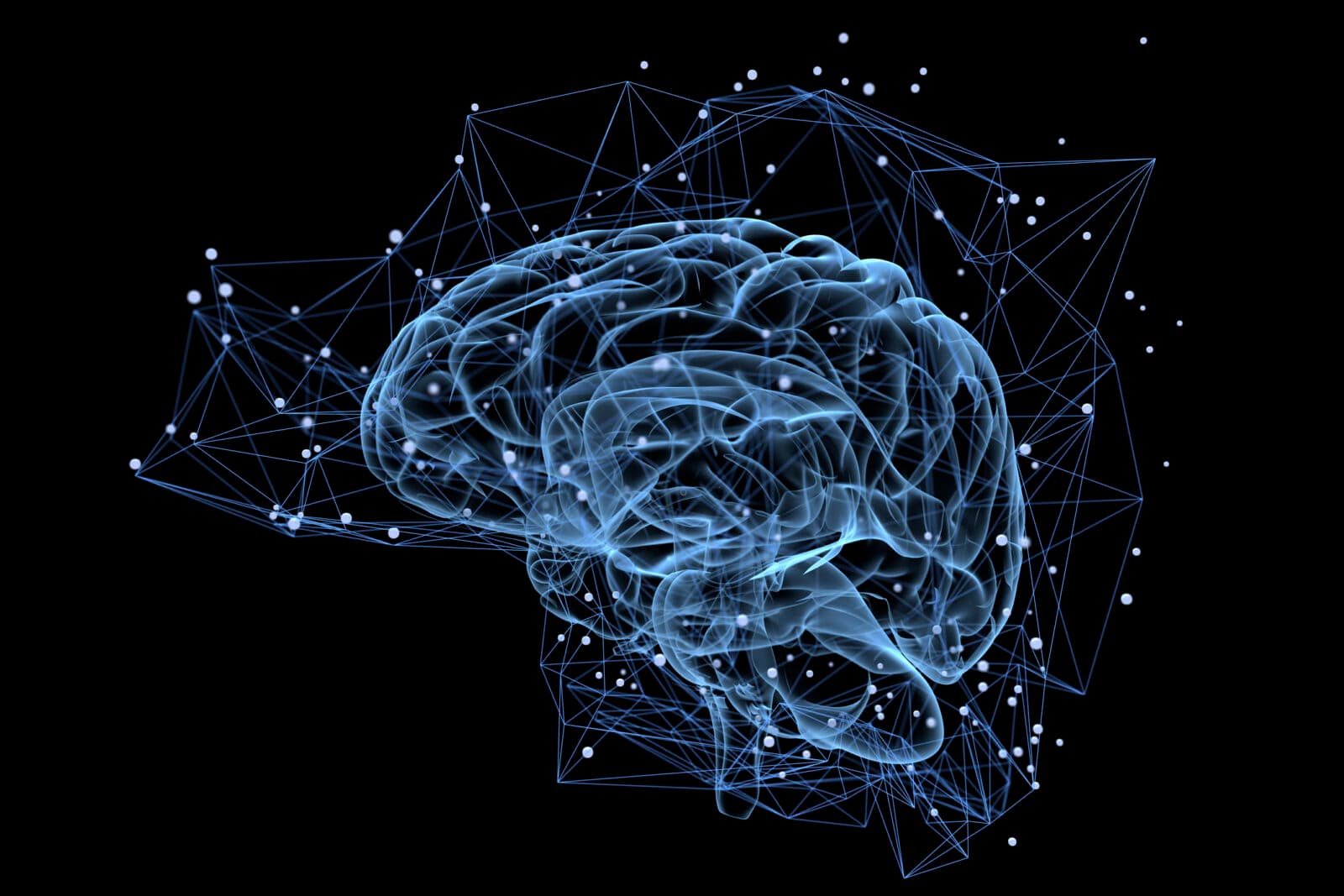Spotlight Live: A Call for 'Brain Observatories'
A group of neuroscientists call for a coordinated national network of neurotechnology centers.

The Researchers
The BRAIN Initiative, a grand challenge in science and technology launched two years ago by President Obama, is already fueling the creation of next-generation brain research tools. But how should it evolve to unite and synergize the hundreds of individual laboratories it currently funds?
Six researchers who were essential to catalyzing the BRAIN Initiative now propose a national network of neurotechnology centers, or “brain observatories.” In an opinion piece published in the journal Neuron, they write: "It is our view that the technological challenges that must be surmounted are sufficiently complex that they are beyond the reach of single-investigator efforts; we believe they can only be surmounted through highly coordinated, multi-investigator, cross-disciplinary efforts."
But what might these centers focus on? How would they be structured? And just what could they achieve?
The Kavli Foundation hosted a live webcast with four of the paper's authors — Paul Alivisatos, Miyoung Chun, Michael Roukes and Rafael Yuste — on this proposed new way to catalyze the BRAIN Initiative.
About the Participants
- PAUL ALIVISATOS – Paul Alivisatos is Director of the Lawrence Berkeley National Laboratory and Director of the Kavli Energy Nanosciences Institute at Berkeley Lab and the University of California, Berkeley. His research group studies the synthesis and properties of nanocrystals, and their application to the energy sector and to biology.
- MICHAEL ROUKES – is Robert M. Abbey Professor of Physics, Applied Physics, and Bioengineering at the California Institute of Technology. The founding director of the Kavli Nanoscience Institute at Caltech (and later a co-director), Roukes is currently focused on developing advanced nanodevices, engineering them into complex systems, and using them to enable fundamental problems in neuroscience and proteomics.
- RAFAEL YUSTE – is Professor of Biological Science and Neuroscience at Columbia University and Co-Director of the Kavli Institute for Brain Science and director of the NeuroTechnology Center. Yuste is interested in the structure and function of cortical circuits, the biophysical properties of dendritic spines, and the pathophysiology of epilepsy. To study these questions, Yuste has pioneered the application of imaging techniques.
- MIYOUNG CHUN (moderator) – is the Executive Vice President of Science Programs at The Kavli Foundation. Chun’s career spans a wide range of experience in academia and industry. This includes serving as Assistant Dean of Science and Engineering and Director of International Research Advancement at the University of California, Santa Barbara.
Questions
- What is the BRAIN Initiative and where is it today? (2:10)
- What are brain observatories? (9:45)
- What is a national lab like and how would a national lab for brain research work? (12:10)
- Why would working at a large center be appealing to scientists? (16:25)
- What are the questions in neuroscience that would benefit from these observatories? (21:40)
- What would understanding our brain mean for the general populace? (26:50)
- Would these brain directed tools be useful for other projects? (29:50)
- How does interdisciplinary science work with the BRAIN Initiative and other science projects? (33:20)
- What should be the next step in creating these brain observatories? (35:45)